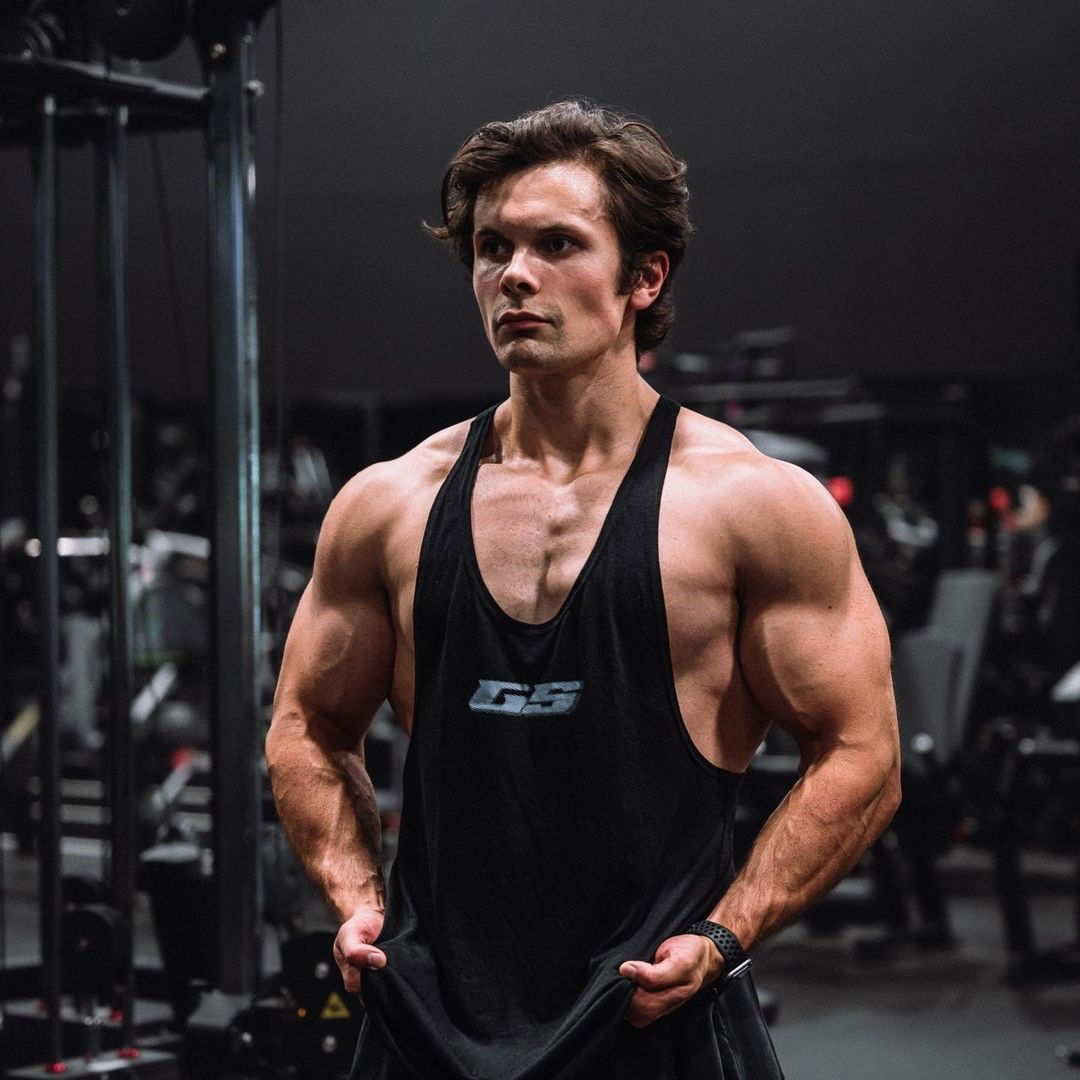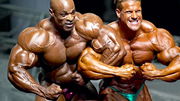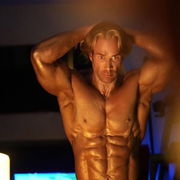

In an era dominated by idealized images on social media platforms, the pressure to attain the “perfect” physique has never been more intense. In the world of bodybuilding and fitness, Body Dysmorphia has become very common these days.
Watch What’s Trending Now!
Recently, fitness influencer and bodybuilder Will Tennyson talked about a pressing issue that many might be suffering in silence: Body Dysmorphia. However, Tennyson’s YouTube video titled “The Truth About Body Dysmorphia” provides a vulnerable look into the mind of someone suffering from this disease.
ADVERTISEMENT
Fitness influencer Will Tennyson reveals what body dysmorphia looks like
Body dysmorphia, as the term suggests, initially revolves around a distorted self-perception. If one has body dysmorphia, one might consistently obsess over perceived flaws that, in reality, may not even be noticeable to others. To illustrate this, Will Tennyson provided a demonstration. Using circles to highlight parts of his body, he candidly confessed, “Each one representing a part of me that, at one point, I desperately wanted to change.”
ADVERTISEMENT
Starting with the redness on his cheeks and moving on to wishing for more muscle in various areas, particularly noting, “I wish I had more muscle pretty much everywhere; my arms, my calves, my shoulders, my chest, the list goes on and on.”?Consequently, Tennyson?s account becomes a poignant reminder, illustrating just how deep-seated and pervasive such feelings can truly be.
ADVERTISEMENT
Top Stories
“Never Gonna Have a Son”: Father of 8 Daughters, Ronnie Coleman Made a Shocking Confession About His Personal Life (2022)

Jay Cutler vs. Ronnie Coleman: Net Worth Comparison Between Olympia Champions

“Light Weight Baby!!”: 6’4, 187lbs Snoop Dogg’s Effortless Approach to Fitness Leaves Fans Overjoyed

“Until His Heart Attack”: Skinny Diver Turned Bodybuilder, 21-Y.O. Sam Sulek’s Diet Advice Focusing On Quantity Over Quality Gets Thrashed by Fitness Community

Top 5 Older Bodybuilders/Fitness Influencers Over 50 Who Are Defying Age and Inspiring Others

His statement, “No matter how much time goes by, I feel like nothing’s changed” despite acknowledgments from others about his progress, underlines the complexity of body dysmorphia. It’s not just about physical appearance and has to do with one’s emotional and psychological realms creating a constant state of dissatisfaction. The role of social media can’t be ignored when addressing individual struggles, given its ubiquitous influence in shaping perceptions.
ADVERTISEMENT
The role of social media
As Tennyson seeks to understand this complex issue better, he consults Dr. Six, a leading plastic surgeon. The doctor’s insights were revealing. Body dysmorphia is “a psychiatric condition that actually pathologically interferes with your day-to-day life.” The most concerning fact is that plastic surgery, which many might consider as a solution, is far from a cure, the doctor emphasized, “Plastic surgery is not the cure for body dysmorphia. People think about it as a physical thing; it’s not. It’s a psychiatric thing.”

ADVERTISEMENT
What is even more alarming is the increasing link between the surge of body dysmorphia cases and the pervasive influence of social media. Platforms like Instagram, where visual representations dominate, have unintentionally created an environment where authenticity is overshadowed by curated perfection.
Watch this story: Bodybuilding legend Lou Ferrigno?s three secrets to stay in top shape
ADVERTISEMENT
As social media amplifies body image pressures, body dysmorphia among bodybuilders escalates. It is only through raw revelations from influencers like Will Tennyson that one gets to know the undertones of the condition. Tennyson’s video makes one think about how it is crucial to differentiate between digital perfection and reality, fostering genuine dialogues and promoting mental well-being alongside physical achievements.
ADVERTISEMENT
ADVERTISEMENT
ADVERTISEMENT

